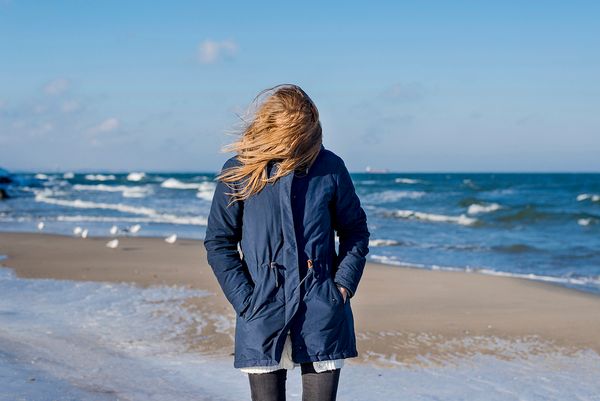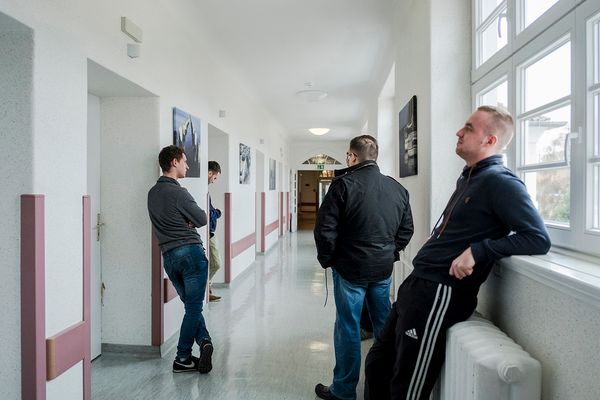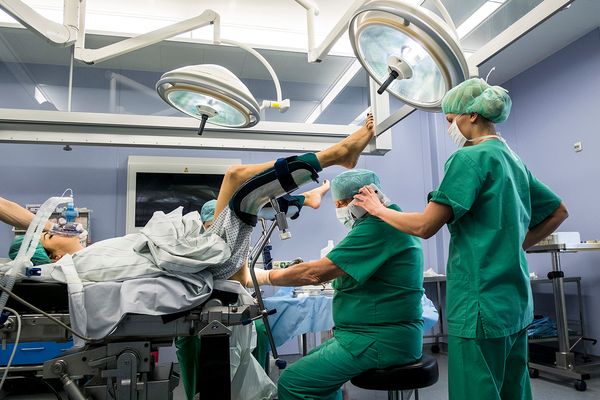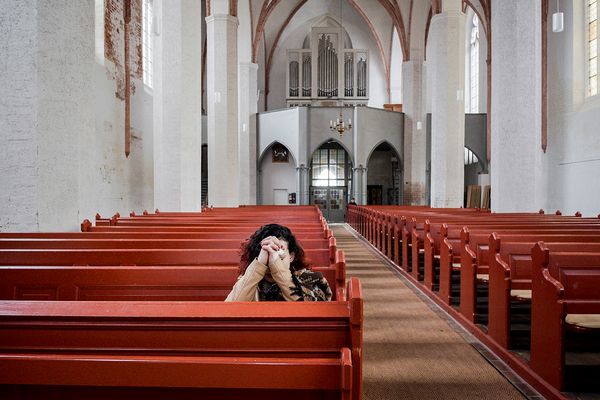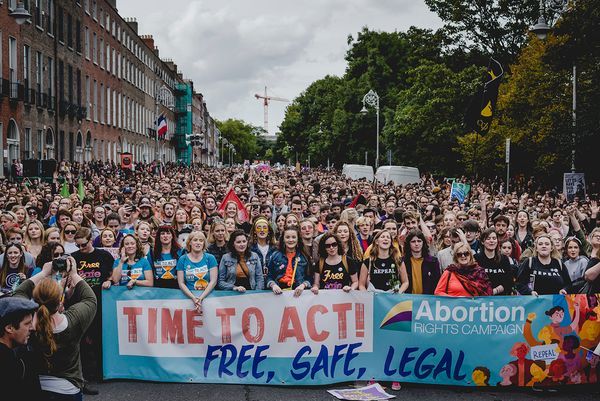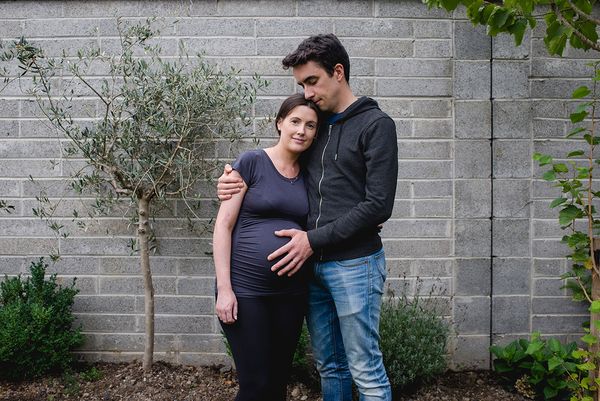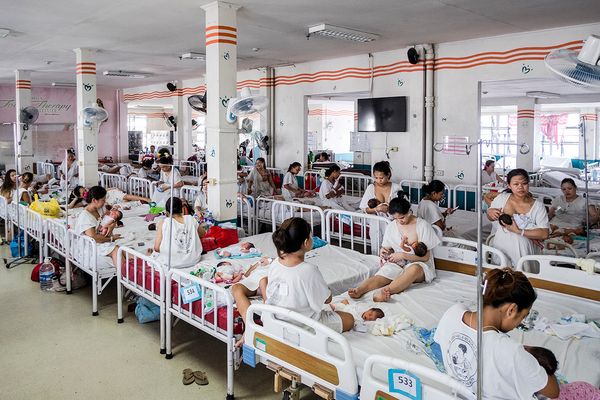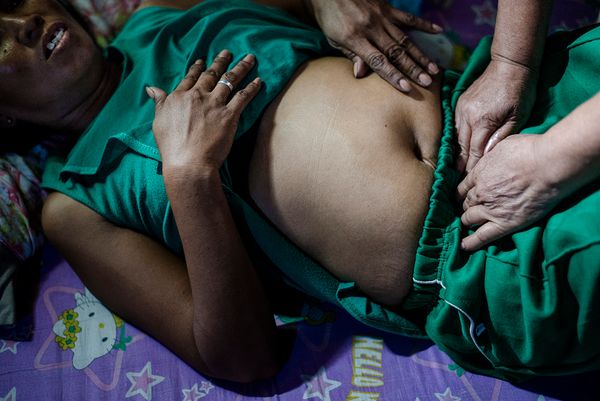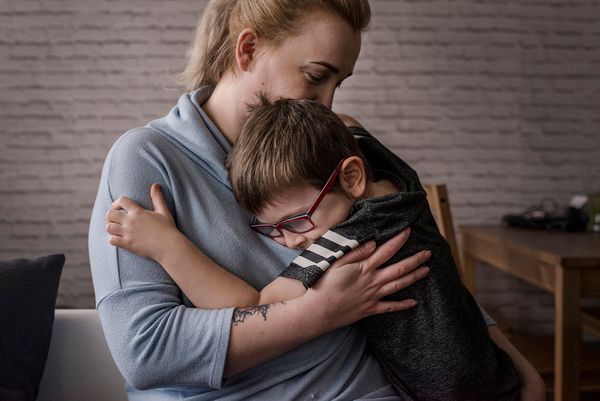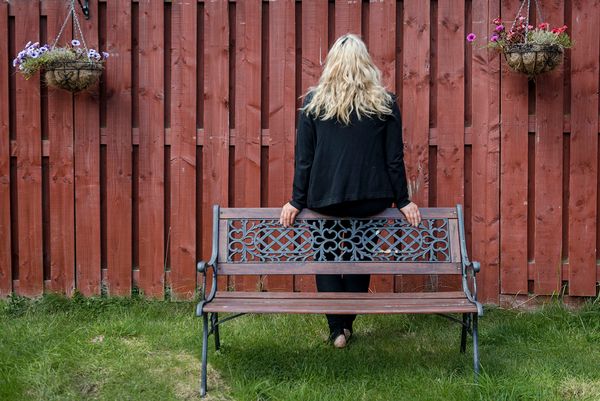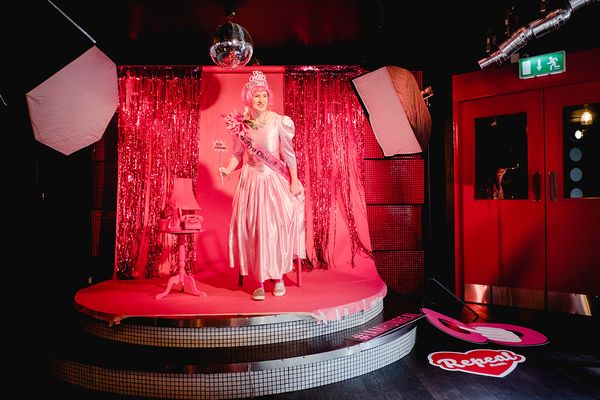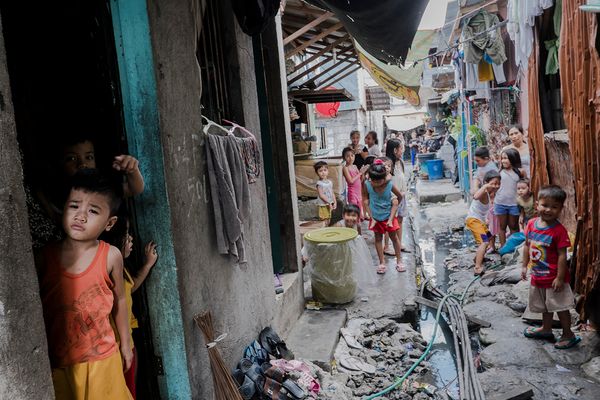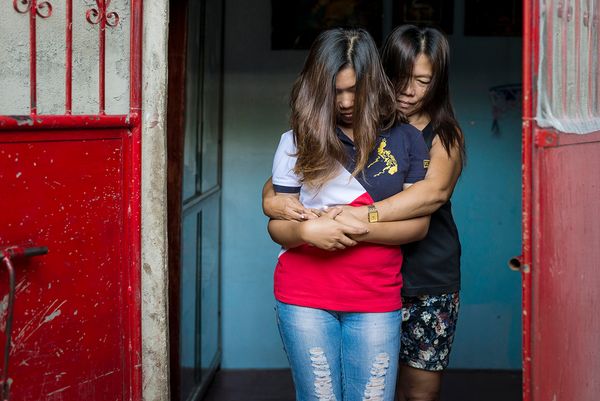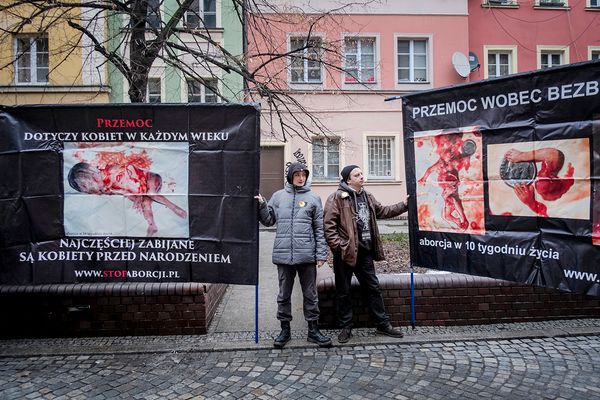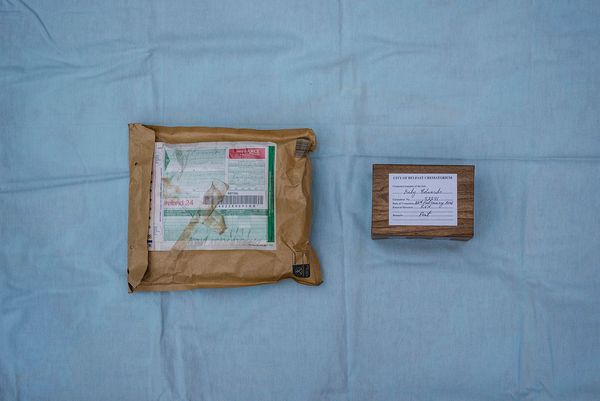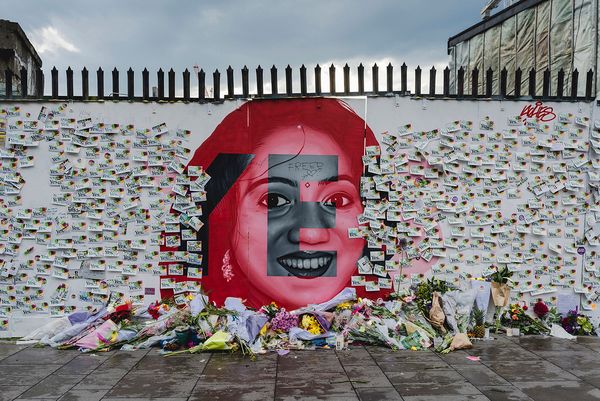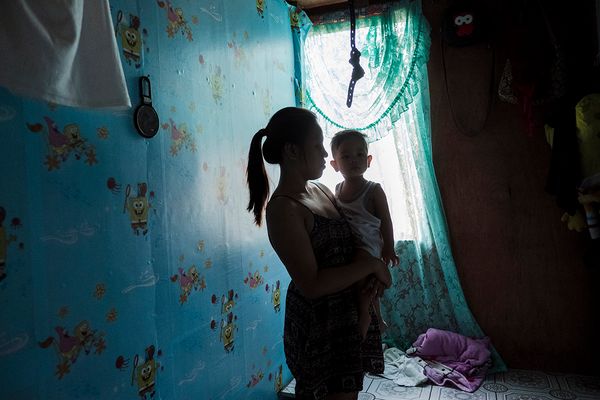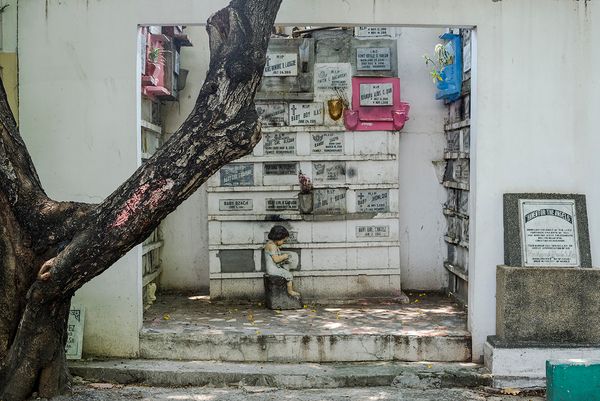My Choice Anyway
-
Dates2017 - Ongoing
-
Author
- Locations Ireland, Poland, Philippines
Although safe ways to terminate pregnancy do exist, according to the World Health Organization, around the world about 164 women die daily due to unsafe abortions.
Bodily integrity understood as personal autonomy and self-determination of human beings on their own bodies is one of the fundamental human rights. Yet, all over the world, women are denied those rights by being denied access to contraceptives and safe abortion. The issue is highly politicized and remains a question of power over who has the right to decide on women's fertility.
For me, a young woman, lucky enough to never suffer because of my sex, it has become almost a moral imperative to learn about the issue and then tell the stories of those, who are too afraid or denied the possibility to speak for themselves.
I started the project in my home country, Poland, where the limitation or liberalization of the law on abortion has been discussed for many years, but since 2016 the scale became much bigger following the unprecedented protests in the country where more than 150 thousand people went out on the streets to protest the additional restriction of law. I then continued in the Philippines and Ireland to show the problem on the bigger scale.
Photographic encounters with people who have experience of abortion are a common thread of the project. I take their portraits to amplify their voices, to make them understood, to give faces to the numbers and to create an emotional bond between them and the viewers.
Statistically, 1 in 3 women have aborted at least once in their life. The problem of abortion concerns everyone, regardless of race, religion, social status or gender, because all women who went through abortion are also sisters, daughters, mothers and partners of men. Abortion is also an ultimate consequence of lack of access to contraception, lack of sex education, poverty, sexual violence and religion, which is not considered as personal faith, but as political power. Various studies have shown that restrictive laws do not prevent abortion itself, but rather prevent access to safe procedures and endanger especially poor women who are already extremely vulnerable.
